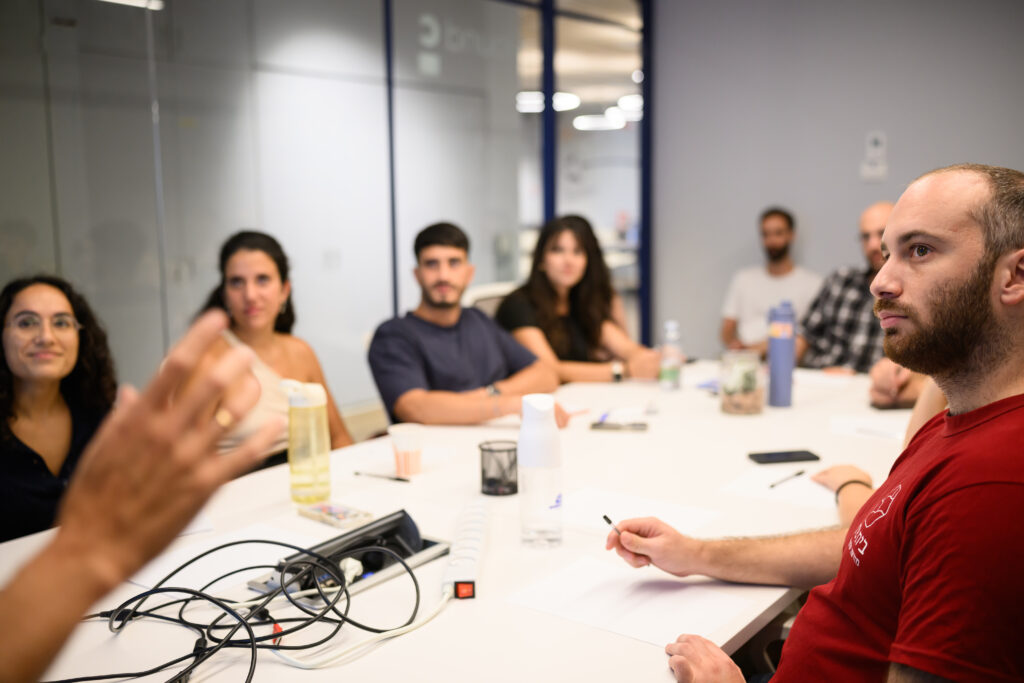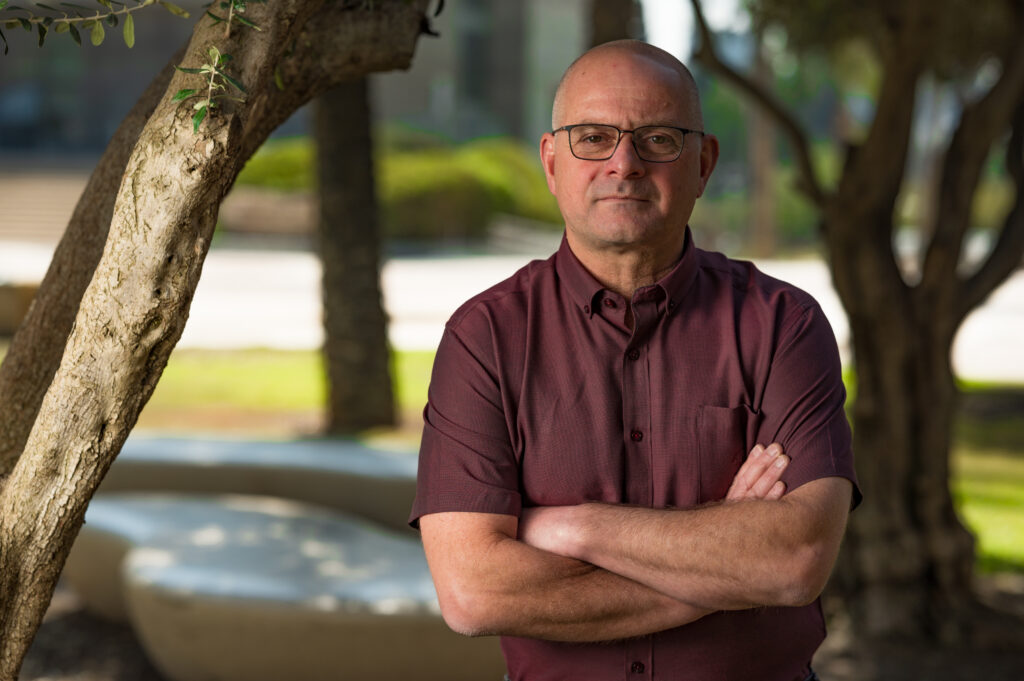
BGU Experts Speak at Cybertech Global Conference 2025
BGU Experts Speak at Cybertech Global Conference 2025
March 28, 2025
Israel21c – The Cybertech Global TLV conference took place in Israel this week in collaboration with Ben-Gurion University of the Negev (BGU). Government officials, industry leaders, academics, and innovative startups from all over the world came together in Tel Aviv for this premier international cyber event featuring top speakers from around the globe, an extensive exhibition, exclusive special events, and unparalleled networking opportunities.
Among the dozens of high-profile speakers are BGU professors Prof. Dan Blumberg, VP for Regional and Industrial Development & Chairman of the Israel Space Agency, and Prof. Ron Folman, from the Department of Physics.
Several cybersecurity experts gave keynote speeches on the latest trends in the industry, including AI and quantum computing. The event also featured the Director of Product and AI at Israeli cybertech firm Wiz, George Pisha. This was following Google’s planned $32 billion acquisition of the company announced last week.
Over the last few years, as AI has gotten more sophisticated, both sides have really been banging on all cylinders to thwart each other’s activity. This year’s conference highlighted AI’s remarkable ability to be simultaneously very cool and very alarming. If AI is the current cybersecurity boogeyman, quantum computing is the second, scarier monster hiding in the boogeyman’s closet.
Quantum computing uses quantum mechanics — a field of smart-people science involving terms like “superposition” and “entanglement” — to perform computations. Unlike classical computers that use bits (0 or 1), quantum computers use qubits, which can exist in multiple states simultaneously, enabling them to process information exponentially faster for certain problems.
According to BGU’s Prof. Ron Folman, an expert in quantum science and technology, the arrival of this quantum technology could be within the next five to 15 years. “Quantum computers already work, but they work at the level of, let’s say, a hundred qubits. For real applications, we will need a million,” he explained to Israel21c. “The question is, in one word, scalability.”
So for now, we’re all waiting for the big quantum shoe to drop. Until then, there’s not much to do about it. In the meantime, there’s some good news about the industry in Israel.




